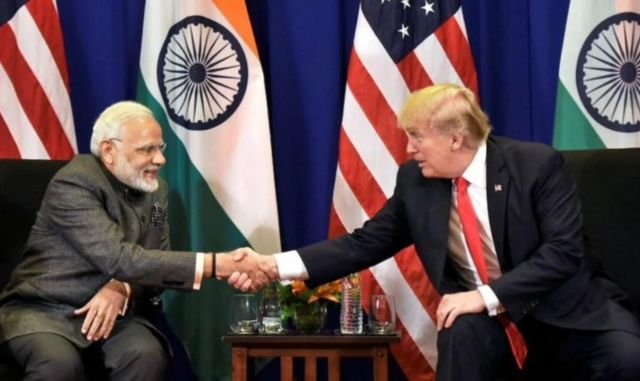An interim trade deal between India and the United States is poised for a breakthrough within the next 48 hours, as diplomatic negotiations enter their final stretch ahead of the July 9 expiration of Donald Trump’s reciprocal tariff measures.
According to senior officials, India remains adamant about protecting its agriculture and dairy sectors, refusing to lower tariffs on genetically modified crops such as corn, soybeans, wheat, and rice. The dairy sector, which sustains over 80 million livelihoods across India, has been deemed politically untouchable due to its volatility and the risk of domestic unrest.
Meanwhile, New Delhi is seeking expanded access for labour-intensive exports—textiles, gems and jewellery, leather goods, and chemicals. These sectors could benefit significantly from relaxed trade barriers as part of a limited, mutually beneficial agreement.
The Indian delegation, led by Special Secretary Rajesh Agarwal, has extended its stay in Washington, navigating hardball tactics from the Trump administration demanding broader agricultural access. Yet Delhi’s negotiators appear resolute, drawing firm red lines that reflect both economic and political considerations.
As the deadline looms, both countries are eyeing a narrowly scoped pact to ease tensions and foster momentum ahead of deeper economic integration. Whether that vision materialises in time will depend on how far each side is willing to bend, without breaking.

